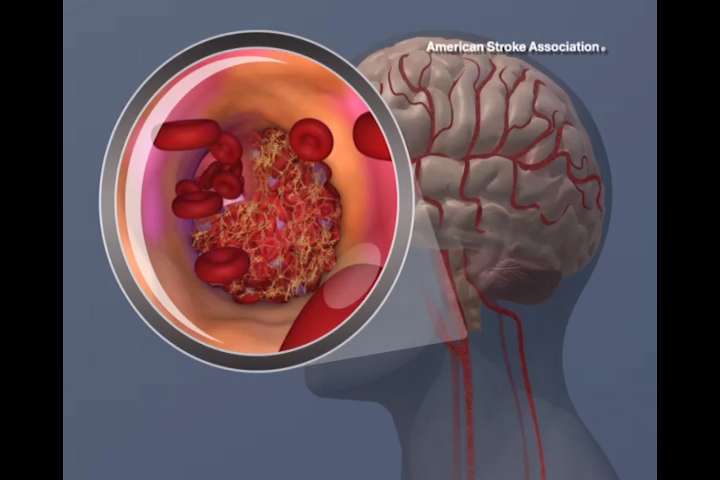#Does your neighborhood affect your stroke recovery?

“#Does your neighborhood affect your stroke recovery?”

Stroke survivors who live in neighborhoods with lower socioeconomic status—areas with lower household income, education levels and occupational status—may have worse recovery three months after a stroke than people who live in neighborhoods with higher socioeconomic status, according to a study published in the April 28, 2021, online issue of Neurology. The findings applied to people with moderate to severe strokes, not people with mild strokes.
“People in less advantaged neighborhoods were more likely to have more disability, lower quality of life and more symptoms of depression than people in more advantaged neighborhoods,” said study author Lynda D. Lisabeth, Ph.D., of the University of Michigan in Ann Arbor. “Reasons for this could include less access to public spaces in the neighborhood, more noise pollution, less access to support services and lower levels of perceived safety. More research is needed to identify which factors are driving this association, as well as initiatives aimed at improving health and quality of life for people who have the dual burden of experiencing a moderate to severe stroke and living in a socioeconomically deprived neighborhood.”
The study involved 776 people who had a stroke in Nueces County, Texas. Socioeconomic level of neighborhoods, which was based on census information, was determined. Three months after the stroke, people were interviewed about how well they were able to complete their daily living activities such as bathing, dressing and cooking. They were also asked about quality of life and symptoms of depression.
The people living in higher socioeconomic neighborhoods had better outcomes than people living in lower socioeconomic neighborhoods.
For the assessment for how well people could complete their daily activities, scores ranged from zero to four, with lower scores indicating better functioning. People in neighborhoods with the highest socioeconomic level had average scores of 1.7 points, while people in neighborhoods with the lowest socioeconomic level had average scores of 2.1 points, indicating less independence. After adjusting for factors that could affect the scores, such as age, number of other medical conditions and how well people were functioning before they had a stroke, living in higher compared to lower socioeconomic neighborhoods was associated with 0.27 higher scores among those with moderate to severe strokes.
For the assessment of symptoms of depression, scores ranged from zero to 24, with lower scores meaning fewer symptoms. People in neighborhoods with the highest socioeconomic level had average scores of 13.9, compared to 16.2 for people in neighborhoods with the lowest socioeconomic level. After adjusting for age, other medical conditions and pre-stroke functioning, living in higher compared to lower socioeconomic neighborhoods was associated with 1.77 lower scores among those with moderate to severe strokes. People in the higher socioeconomic neighborhoods also had better scores on the quality-of-life assessment.
Lisabeth said, “It is interesting to note that when we adjusted for the severity of the stroke, the results were largely not impacted, suggesting that lower socioeconomic status does not lead to worse strokes, which then leads to worse outcomes. Another mechanism or mechanisms is involved.”
Limitations of the study were that it did not account for whether people moved in the time after their stroke and did not account for what type of post-acute care they received after the stroke.
For blacks with respiratory ills, individual and neighborhood poverty yield worse outcomes
Citation:
Does your neighborhood affect your stroke recovery? (2021, April 28)
retrieved 28 April 2021
from https://medicalxpress.com/news/2021-04-neighborhood-affect-recovery.html
This document is subject to copyright. Apart from any fair dealing for the purpose of private study or research, no
part may be reproduced without the written permission. The content is provided for information purposes only.
If you liked the article, do not forget to share it with your friends. Follow us on Google News too, click on the star and choose us from your favorites.
For forums sites go to Forum.BuradaBiliyorum.Com
If you want to read more Like this articles, you can visit our Science category.




